Discussing at Group 11 including the National Assembly Delegation of Can Tho City and Dien Bien Province, the National Assembly deputies agreed to promulgate the above 3 Laws based on the above mentioned Submissions and Verification Reports; emphasizing that these are extremely important laws for the country's development in the current period and in the future.
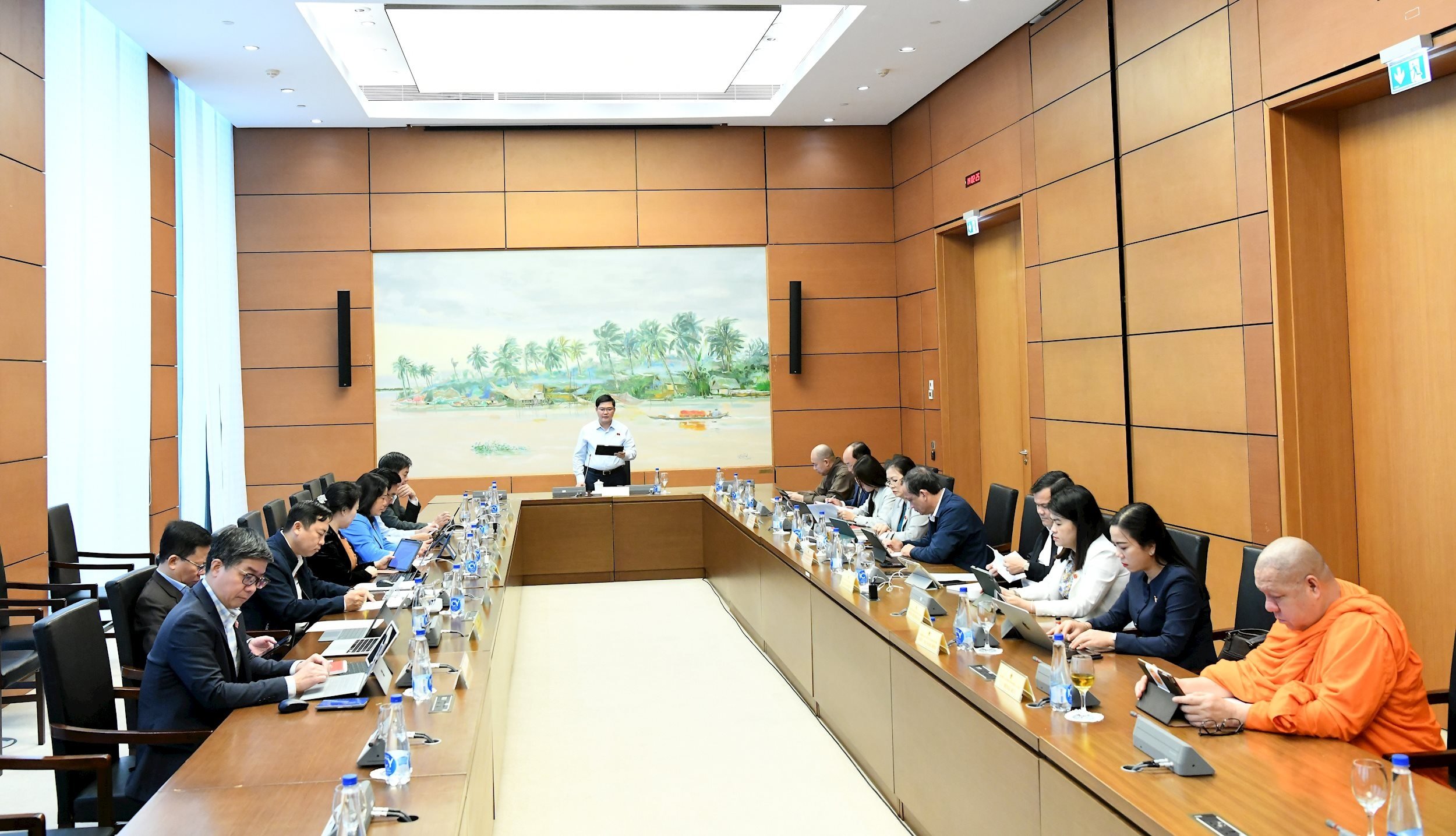
"The concept is not really accurate"
Discussing the Digital Transformation Law project, delegates said that this is a difficult Law project, in fact, very few countries in the world currently have a separate law on digital transformation. Therefore, delegates highly appreciated the Government's preparation and also shared with the drafting agency that because we are a pioneer and leader in promulgating the Digital Transformation Law, there are also major challenges that need to be carefully studied to build a good law as a foundation for strong digital transformation in the coming time.
Regarding the explanation of terms, National Assembly Deputy Nguyen Manh Hung (Can Tho) said that through discussions with experts and comparison with general standards, some terms in the draft Law "are also relatively difficult to understand". What is a digital economy, what is a digital society - "the concepts are not really very precise".
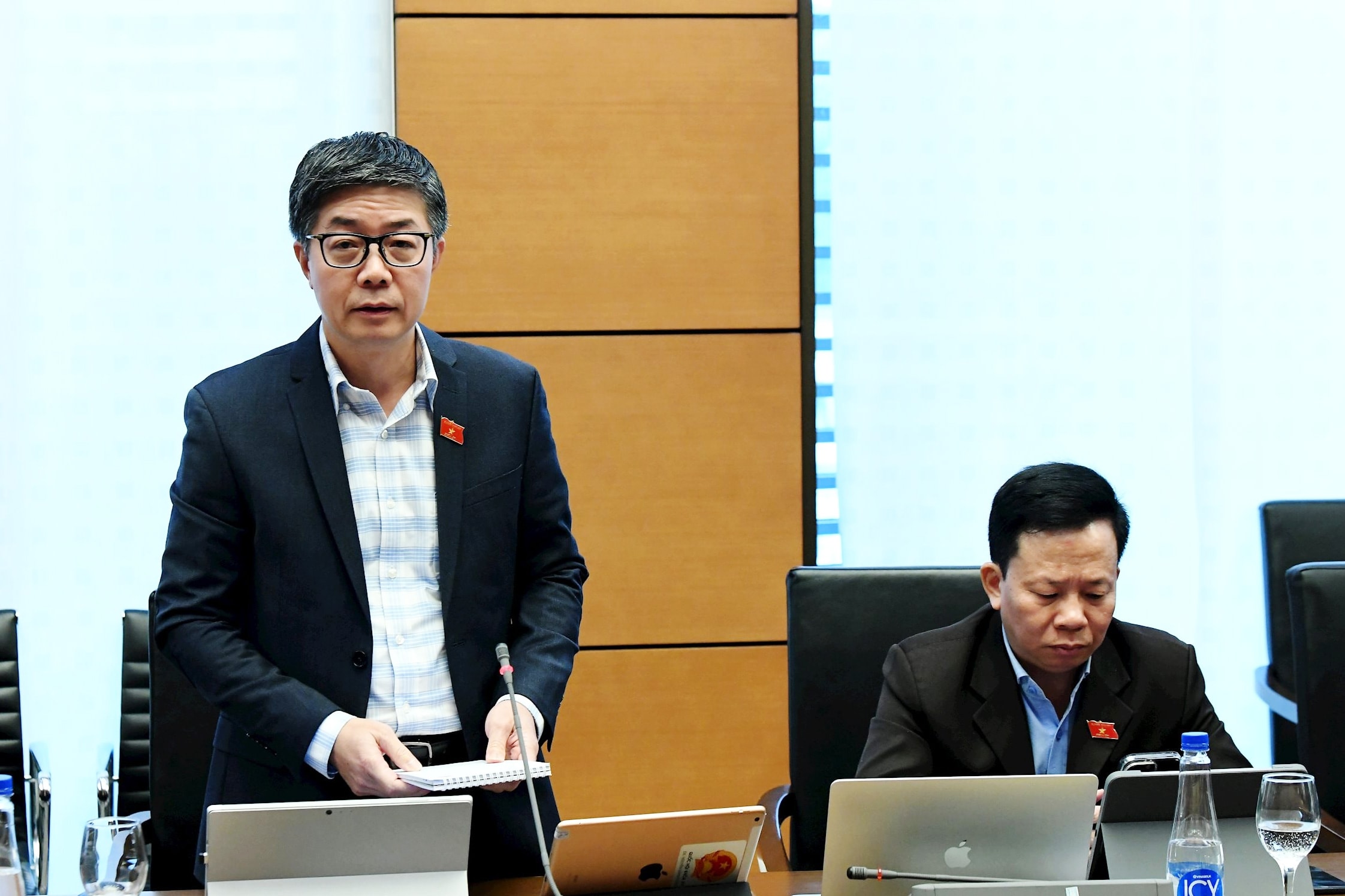
The delegate took the example of the concept of digital economy stated in Clause 7, Article 3, which defines: digital economy is a part of the economy, in which production, business, distribution, consumption and management activities are carried out or supported by digital technology, digital infrastructure, and digital data. Through research, delegate Nguyen Manh Hung said that there is a distinction between digital economy and traditional economy, so people only define digital economy as an economy that operates mainly based on digital technology, especially the internet and digital data to create exchange and distribution of value.
"Only when we have such a definition can we identify which department, which industry, which field, and which stage we have reached the level of digital economy. And later, when measuring the contribution of digital economy to GDP, it will also be more accurate," the delegate emphasized.
Also interested in the explanation of terms in Clause 7, Article 3 on digital economy and Clause 8, Article 3 on digital society, National Assembly Delegate Dao Chi Nghia (Can Tho) pointed out that the definition of digital economy as a part of the economy and digital society as a part of society is not comprehensive.
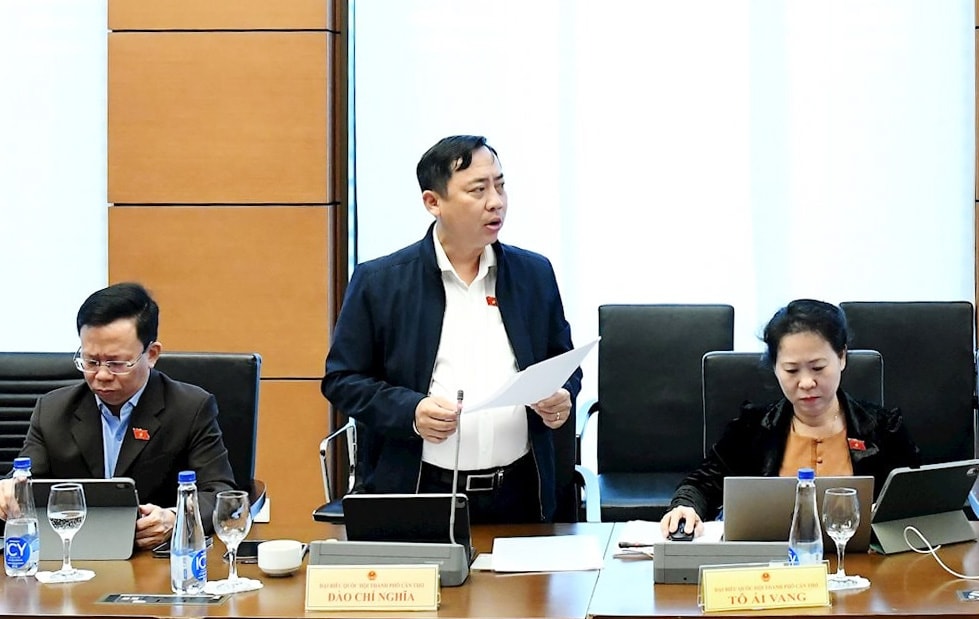
Believing that digital transformation has a comprehensive impact on all aspects and fields, delegate Dao Chi Nghia proposed to research and readjust the definition and explanation of terms related to digital economy and digital society.
Specifically, the delegate proposed: "The digital economy is an economy undergoing comprehensive digital transformation, in which production, business, transactions, consumption and management are carried out on the basis of digital technology, digital infrastructure, digital data and digital services". And "The digital society is social activities undergoing comprehensive digital transformation, in which all activities and areas of social life are carried out on the basis of digital technology, digital infrastructure, digital data and digital services".
National Assembly Deputy Quang Thi Nguyet (Dien Bien) suggested that it is necessary to continue to carefully review and compare the provisions of the draft Law with related laws such as the Investment Law, Bidding Law, State Budget Law, Intellectual Property Law, E-Commerce Law, Cyber Security Law, etc. to ensure consistency, avoid overlaps and conflicts in implementation when the Law on Digital Transformation is passed.
There needs to be a policy to attract investment in developing digital infrastructure for disadvantaged localities.
National Assembly Deputy Le Quang Tung (Can Tho) noted that the current "level" of digital transformation in our country is uneven, especially in localities with difficult economic conditions, where digital transformation is very difficult. Therefore, the delegate hopes that the Law on Digital Transformation must outline policies to attract investment projects, especially investment projects to develop infrastructure to serve digital transformation in localities with socio-economic difficulties.
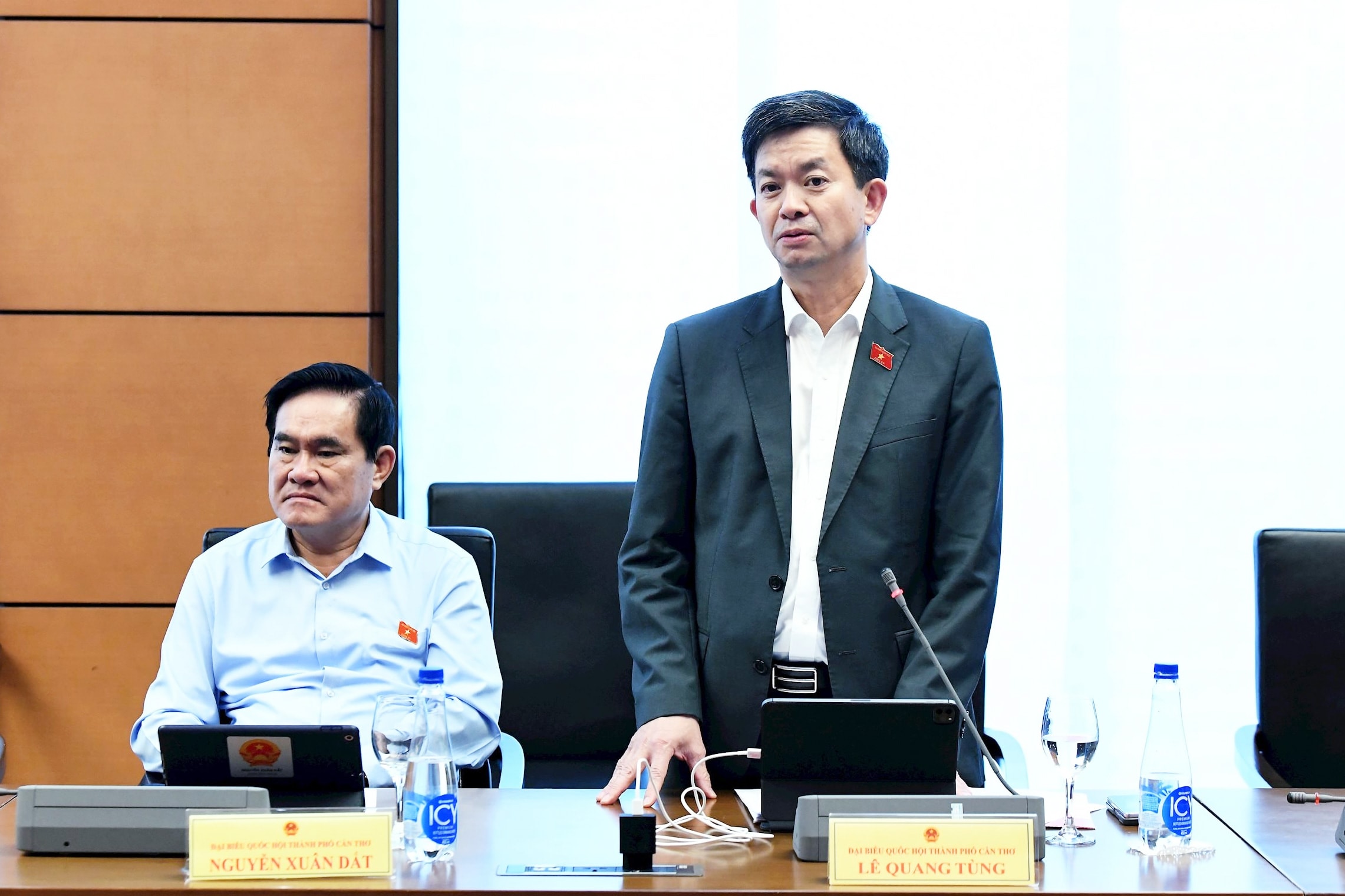
Also related to Article 4 on State policies on digital transformation, the draft Law is stipulating the implementation of comprehensive digital transformation of agencies in the political system, building an effective, transparent digital government, with people and businesses at the center.
Agreeing with the above content, delegate Nguyen Manh Hung asked the question, "Why have we mentioned the political system but only mentioned the digital government? What about the remaining agencies in the political system, are they digitally transformed? Is there a digital National Assembly? Or are the Front organizations digitally transformed? Are the Party agencies digitally transformed? Here, we only mention the Government, which is not complete and comprehensive enough," the delegate analyzed and suggested that it is necessary to add more agencies in the political system.
"Filling the gap" related to cybersecurity, taxing digital platforms, cross-border digital services
Article 2 on the subjects of application of the Law on Digital Transformation specifies: This Law applies to Vietnamese agencies, organizations and individuals, foreign organizations and individuals directly participating in activities related to digital transformation in Vietnam.
However, if it is only "related to digital transformation", according to delegate Dao Chi Nghia, "it still does not include the content related to organizations and individuals directly participating abroad".
.jpg)
Delegates cited activities related to digital services, digital platforms and cross-border data, thereby proposing to continue to add subjects of application to the group of "organizations and individuals abroad directly participating in related activities".
Such regulations ensure "filling" the "gap" related to cybersecurity work, imposing taxes on digital platforms and digital services of foreign organizations and individuals.
"Therefore, I propose to add to the subjects of application in Article 2, specifically: This Law applies to Vietnamese agencies, organizations, individuals, foreign organizations and individuals directly participating in or having activities related to digital transformation, providing digital services, digital platforms, and cross-border data in Vietnam. This will ensure stricter regulations," the delegate emphasized.
Regarding the principles of digital transformation in digital Government, related to artificial intelligence in Clause 7, Article 13, delegate Dao Chi Nghia said that it is still biased towards technical description and lacks emphasis on principles related to control and accountability in public service activities.

Therefore, the delegate proposed to amend Clause 7, Article 13 in the direction of clearly defining responsibilities. Specifically, Clause 7 is rewritten in the direction: The use of artificial intelligence systems in the operations of state agencies must be managed and implemented responsibly, safely, transparently, respecting human rights and social ethical values; ensuring control and accountability for all decisions supported or made by the system, and complying with relevant legal provisions.
Such regulations, according to delegates, will clearly define the Government's responsibilities in implementing digital transformation principles.
Should refer to specialized laws
Article 5 of the draft Law stipulates prohibited acts. In particular, Clause 2 of Article 5 prohibits acts of illegal intervention and access to conceal crimes or obstruct judicial activities; Clause 3 of Article 5 prohibits acts of evading tax obligations, contracts or other legal obligations.
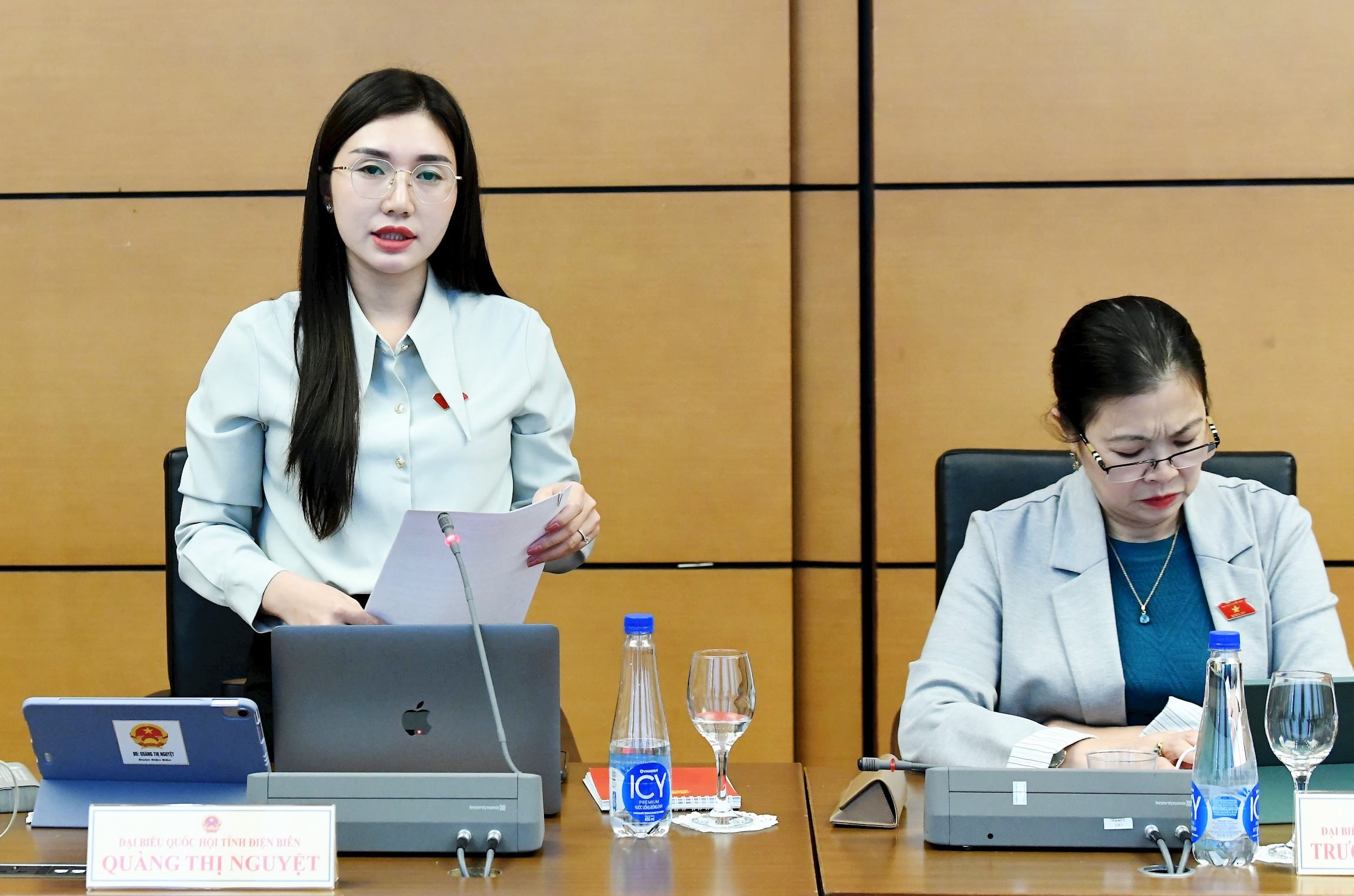
Delegate Quàng Thị Nguyệt said that specific behaviors are highly risky in the context of digital transformation and need to be strictly prohibited. However, to fully cover violations and ensure consistency in the legal system, the delegate suggested considering regulations according to the guidance of specialized laws, for example, taking advantage of digital transformation activities to commit violations of criminal and tax laws instead of re-regulating specific behaviors.
Source: https://daibieunhandan.vn/nghien-cuu-ky-luong-de-co-dao-luat-manh-me-ve-chuyen-doi-so-10394685.html





![[Photo] Prime Minister Pham Minh Chinh receives the delegation of the Semiconductor Manufacturing International (SEMI)](https://vphoto.vietnam.vn/thumb/1200x675/vietnam/resource/IMAGE/2025/11/06/1762434628831_dsc-0219-jpg.webp)






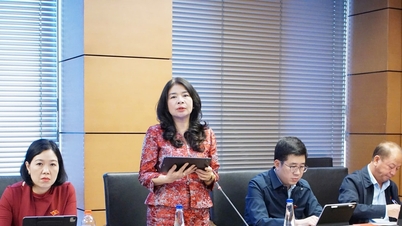
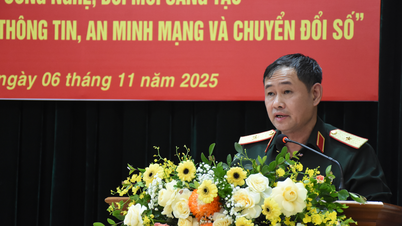

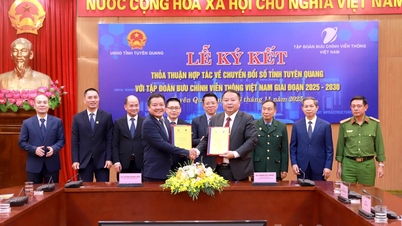







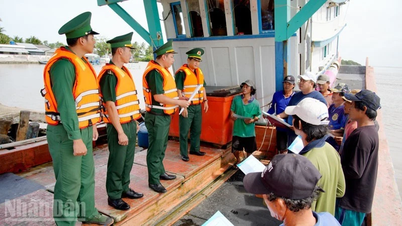
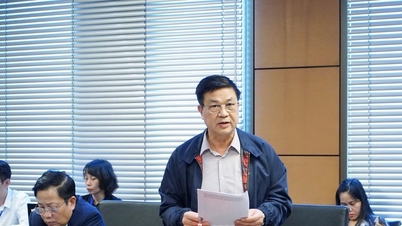
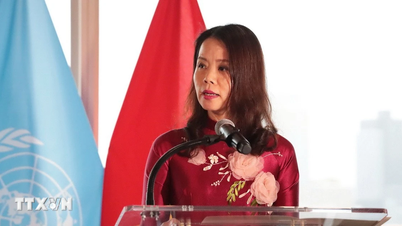
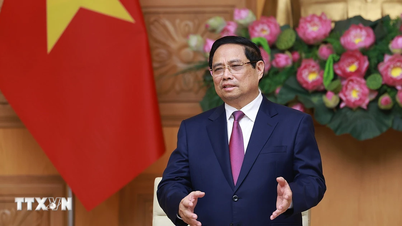




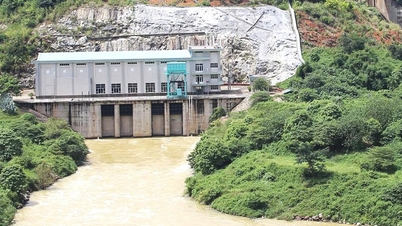
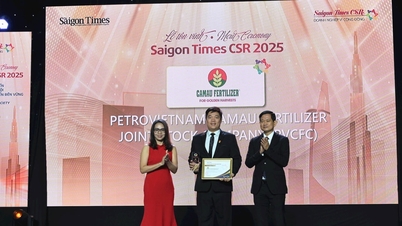
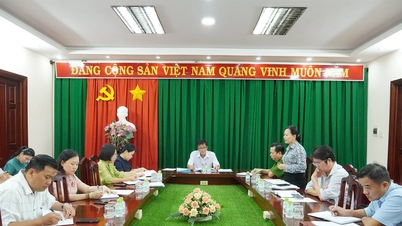
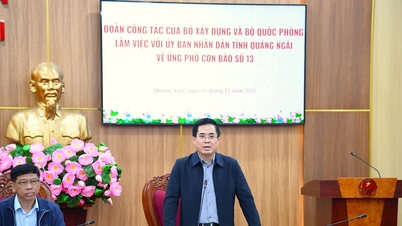
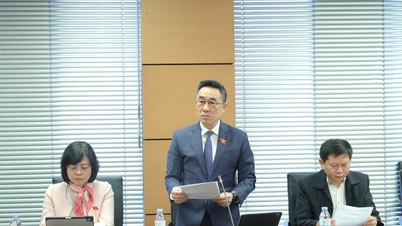
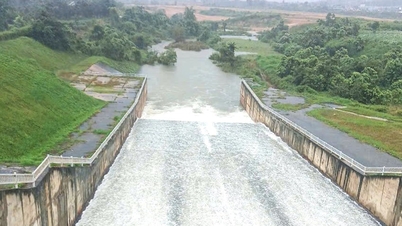




































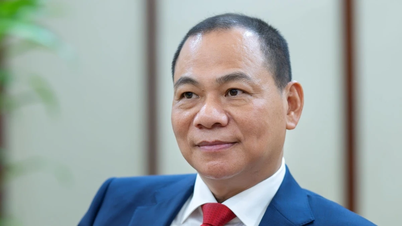


















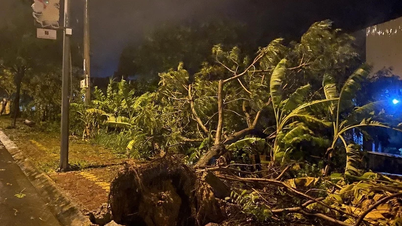
















Comment (0)